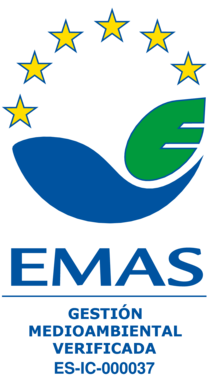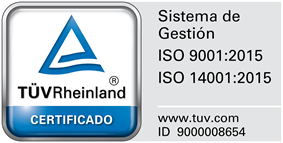The European Association of Zoos and Aquaria (EAZA) today urges French legislators not to vote into law a proposal to ban the breeding and keeping of cetaceans in French zoos and aquariums. EAZA takes the gravest exception to the characterisation of conservation, research and educational activities at zoos and involving cetaceans as “for purposes of entertainment” and believes that the law will cause consequences the government has not yet considered.
Ex situ conservation is defined by the International Union for the Conservation of Nature (IUCN) as that where animals are maintained in artificial conditions under different selection pressures than those in natural conditions in a natural habitat1, and is a key element of wider holistic approaches to conservation. Ex situ conservation activities are core to professional zoos and aquariums and they are recognised as leaders in this field by bodies including the United Nations Convention on Biological Diversity2, United Nations Environment Programme, the International Union for the Conservation of Nature3, the Pontifical Academy of Sciences4, the European Commission5 and many other leading agencies and institutions dedicated to the preservation of biodiversity. It is therefore in no way to be regarded as “entertainment” in the way characterised by the text of the law.
Specialist knowledge about the human care of cetaceans, typified by the expertise in zoos and aquariums will be essential for the future of endangered dolphin species. Indeed, a report released today by the International Union for the Conservation of Nature points to the urgent need for early intervention from ex situ conservationists to save species. It notes that a lack of such involvement at key moments has directly led to the extinction of the Yangtse river dolphin (Lipotes vexillifer) and the likely extinction of the vaquita (Phocoena sinus).
By removing cetaceans from French institutions, the French government therefore makes it impossible for the country to be involved in conservation efforts to save the most endangered dolphin species. We believe this to be a grave error.
EAZA is responsible for the EAZA Ex situ Programme (EEP) to manage the population of bottlenose dolphin (Tursiops truncates) in the European region. While the programme is currently performing very well, with the long-term genetic and demographic profile of the population in Europe assured, the removal of the 29 dolphins in the care of French institutions will make the overall situation more precarious. While there is currently no immediate extinction threat against bottlenose dolphins, other species have seen unexpected and very large wild population decreases over very short periods (for example the roughly 60% decline in giraffe populations over the last two decades), and we therefore believe that removing any ex situ conservation capacity for this species, as for others, would be a serious mistake. This capacity necessarily includes the breeding of cetaceans, an essential part of any nurturing animal’s life experience which would be denied by the legislation. EAZA strongly opposes the gradual elimination of populations through breeding bans, because it invariably leads to serious welfare compromises for animals increasingly left alone as their social group gradually dies out.
EAZA’s network is not large enough to be able to accommodate these animals, and our Accommodation and Care Standards and Code of Ethics would prevent us from agreeing to move the animals to institutions with a lower standard of welfare than those they currently have. Sea pens and sanctuaries are also not available for bottlenose dolphins at present, and no animal currently in the care of French institutions is adapted for release into the ocean. If the new law is passed, EAZA is concerned that the lifetime options for these animals would be much restricted, and unnecessary compromises or decisions would need to be made that would be seen extremely negatively by the French electorate.
Cetacean conservation, like all nature conservation, is at a critical phase. We stand at a crossroads that could lead to the wholesale destruction of biodiversity and the endangerment of human life on earth, or to a healthier relationship to animals. We urge legislators to choose the latter path, and to include French zoos and aquariums in the effort to realise it.













